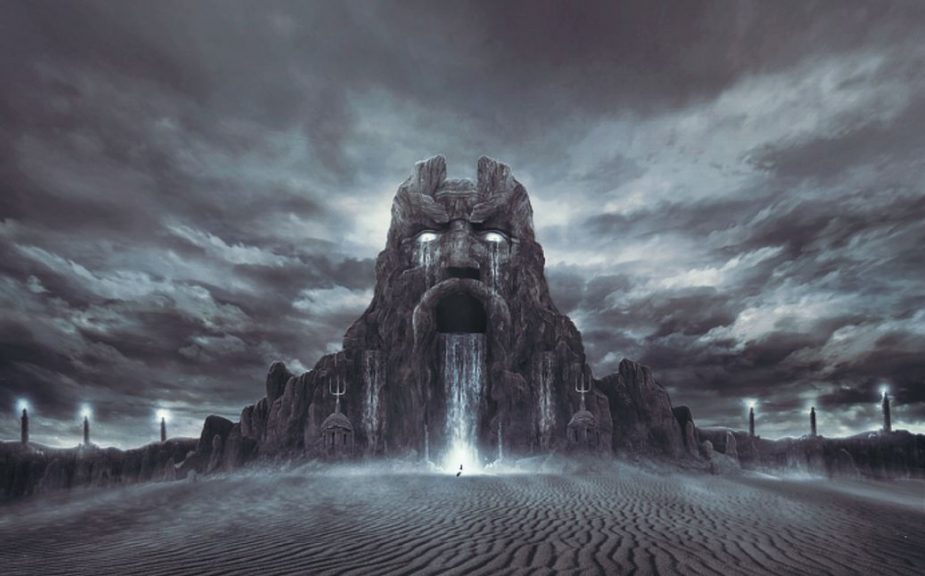

Mu, as an alternative name for a lost Pacific Ocean continent previously identified as the hypothetical Lemuria (the supposed place of origin for lemurs), was later popularised by James Churchward (1851–1936) in a series of books, beginning with Lost Continent of Mu, the Motherland of Man (1926), re-edited later as The Lost Continent Mu (1931). James Churchward Ĭhurchward's map showing how he thought Mu refugees spread out after the cataclysm through South America, along the shores of Atlantis, and into Africa Other refugees supposedly fled to Central America and became the Maya. Le Plongeon claimed that the civilization of ancient Egypt was founded by Queen Moo, a refugee from the land's demise.

The description of that land given to Solon by Sonchis, priest at Sais its destruction by earthquakes, and submergence, recorded by Plato in his Timaeus, have been told and retold so many times that it is useless to encumber these pages with a repetition of it. In our journey westward across the Atlantic we shall pass in sight of that spot where once existed the pride and life of the ocean, the Land of Mu, which, at the epoch that we have been considering, had not yet been visited by the wrath of Human, that lord of volcanic fires to whose fury it afterward fell a victim. Le Plongeon identified this lost land with Atlantis and, following Ignatius Donnelly in Atlantis: The Antediluvian World (1882), identified it as a continent that had once existed in the Atlantic Ocean: Brasseur believed that a word which he read as Mu referred to a land that had been submerged by a catastrophe. Le Plongeon got the name "Mu" from Charles Étienne Brasseur de Bourbourg, who, in 1864, mistranslated what was then called the Troano Codex (now called "Madrid Codex") using the de Landa alphabet. He claimed the civilization of Yucatán was older than those of Greece and Egypt, and told the story of an even older continent. He claimed that he had translated the first copies of the Popol Vuh, the sacred book of the K'iche' from the ancient Mayan using Spanish. The mythical idea of the "Land of Mu" first appeared in the works of the British-American antiquarian Augustus Le Plongeon (1825–1908), after his investigations of the Maya ruins in Yucatán. History of the concept Augustus Le Plongeon


 0 kommentar(er)
0 kommentar(er)
